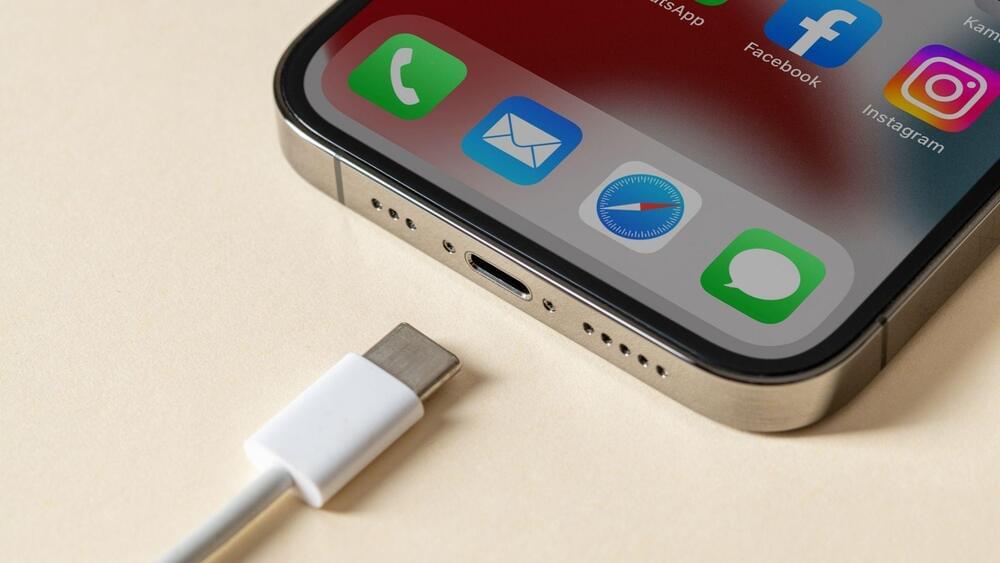A new facility will be able to produce battery capacity to power 130,000 homes on a daily basis using renewable energy.
Zinc halide batteries touted as a low-cost alternative to battery energy storage system (BESS) have received a significant boost in the US after the Department of Energy (DOE) offered a $400 million loan to help scale production and reduce manufacturing costs, a press release said. The offer will cover setting up of four production lines at battery maker Eos’ facility in Turtle Creek, Pennsylvania.
Lithium-ion batteries are a crucial component of our attempts to switch to a greener economy powered by renewable energy. Although the technology is ubiquitous these days and powers everyday devices like smartphones and even electric vehicles (EVs), it is still very expensive.






